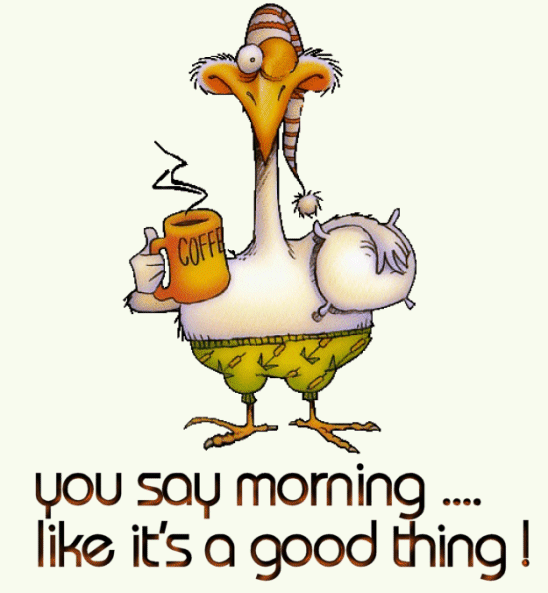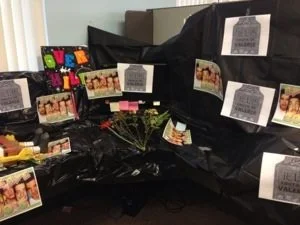Ignorance Is Bliss... Until It's Hurtful
/I’m normally a pretty positive person, but there’s one thing that really gets under my skin—maybe because I’ve experienced it firsthand growing up—and that’s discrimination.
Recently, Marc Anthony was ridiculed on Twitter for singing “God Bless America.” People claimed it was un-American. I was floored. I mean, seriously?
He was born in New York.
He’s Puerto Rican—which makes him a U.S. citizen.
Spanish is the second most spoken language in the world.
And the U.S.? It’s literally built on being a melting pot.
He’s also a Grammy-winning artist, but let’s be real—that shouldn’t even matter. Not even a month ago, students at the University of Southern Mississippi chanted “Where’s your green card?” at a Puerto Rican basketball player. Puerto Rican. As in, American citizen. That’s not just offensive—it’s ignorant.
What makes it worse is that many Americans don’t know their own history. Nearly all of us are descendants of immigrants in some form. Even Native Americans are believed to have crossed the Bering Strait from Eurasia. If you have European ancestry, someone in your family got here on a boat, too.
Just because someone speaks another language—or looks different—doesn’t make them any less American. I don’t speak “Mexican” or “Puerto Rican.” I speak Spanish, English, and even a little Italian.
My father served over 30 years in the U.S. Army and retired as a Lieutenant Colonel. I cry every time I hear the national anthem. I have cousins serving in the military. I am proud to be American. But sometimes, I walk into certain places and immediately feel judged—just for how I look.
And yet, at the end of the day, I still love my curly hair and my brown skin. I love that I speak multiple languages. I love my culture. I love how excited we get when someone’s roasting a whole pig in the backyard. I love the music, the food, the spirit, the warmth.
This country is beautiful because of our differences. It’s ignorance that makes it ugly.







